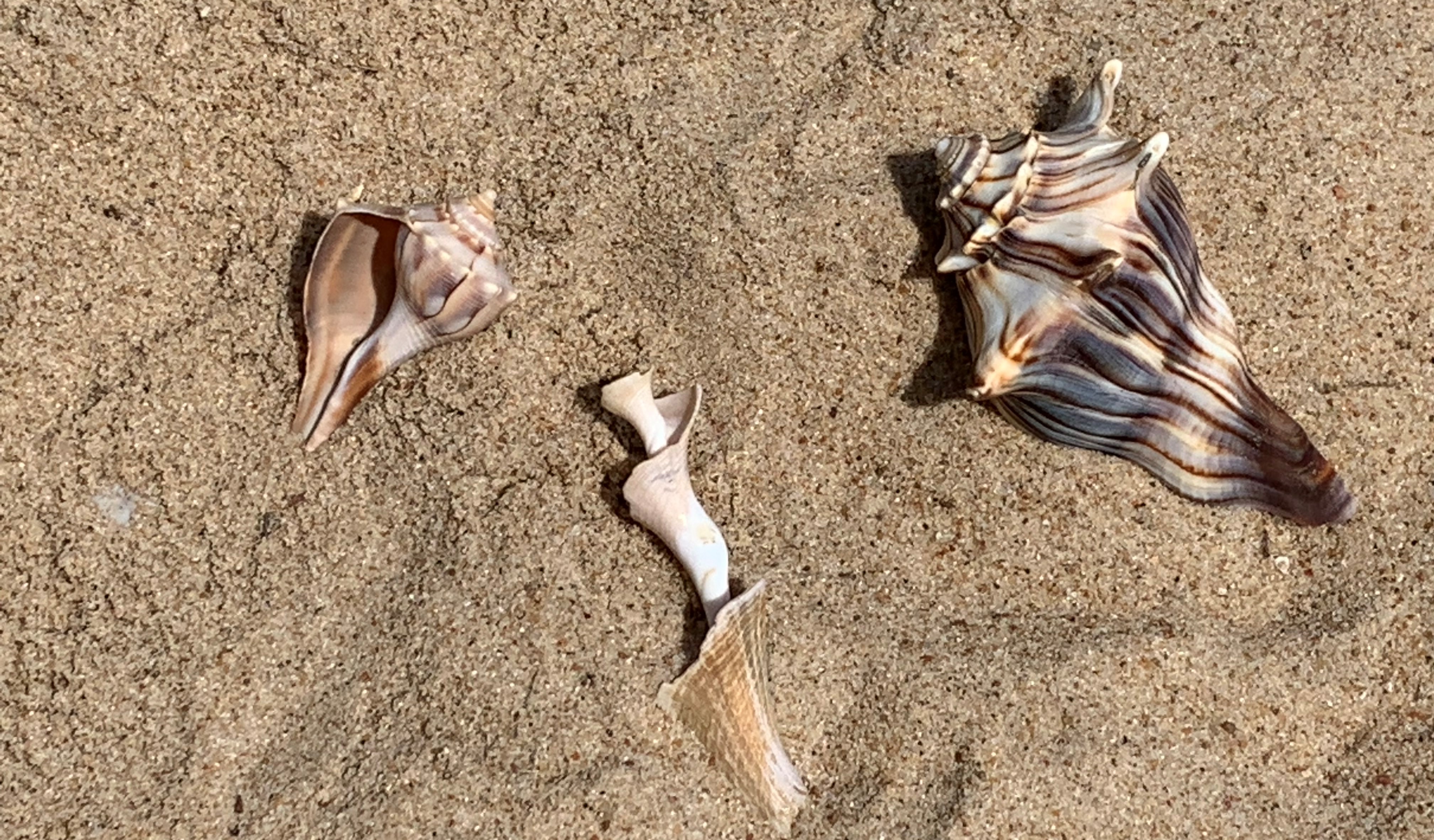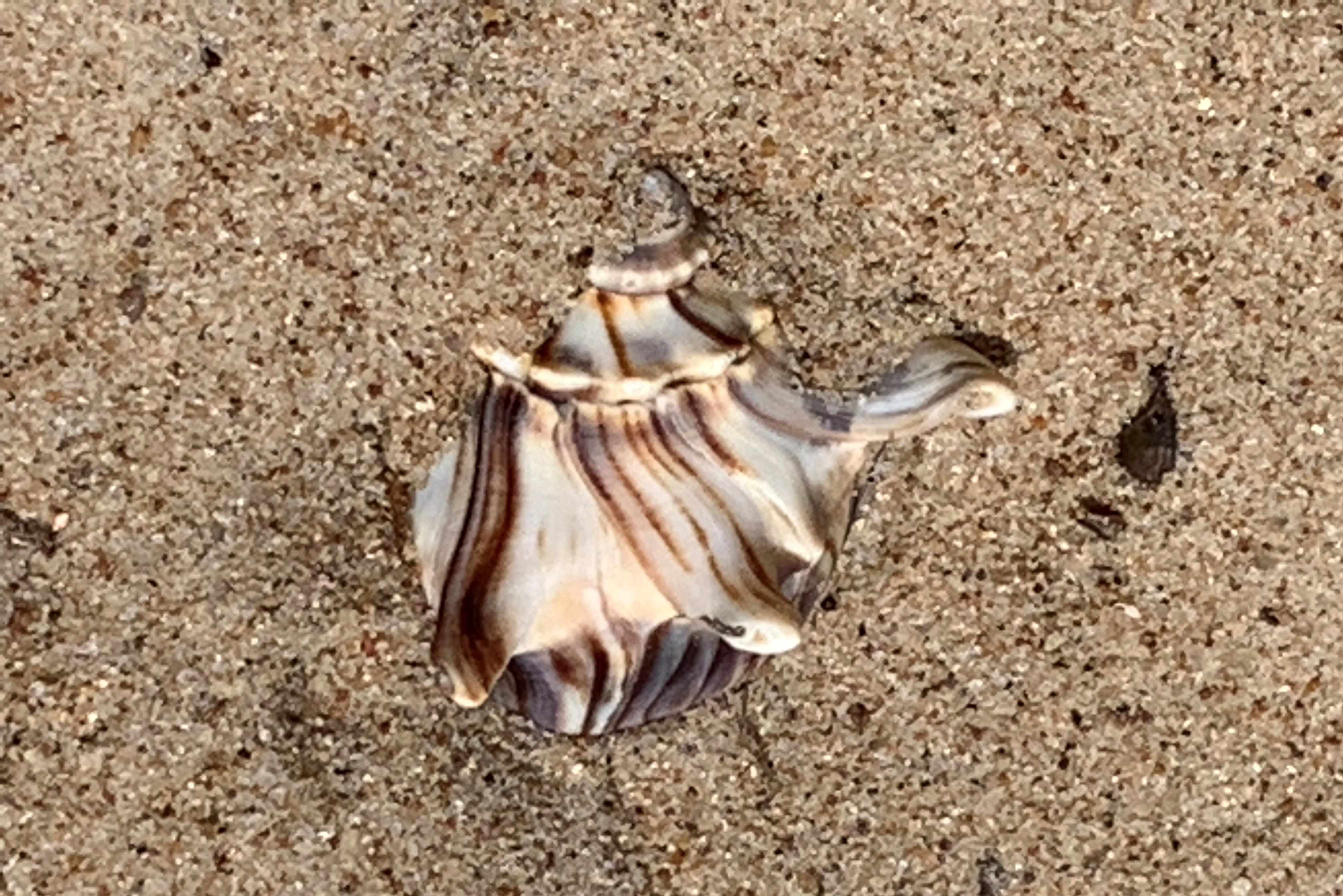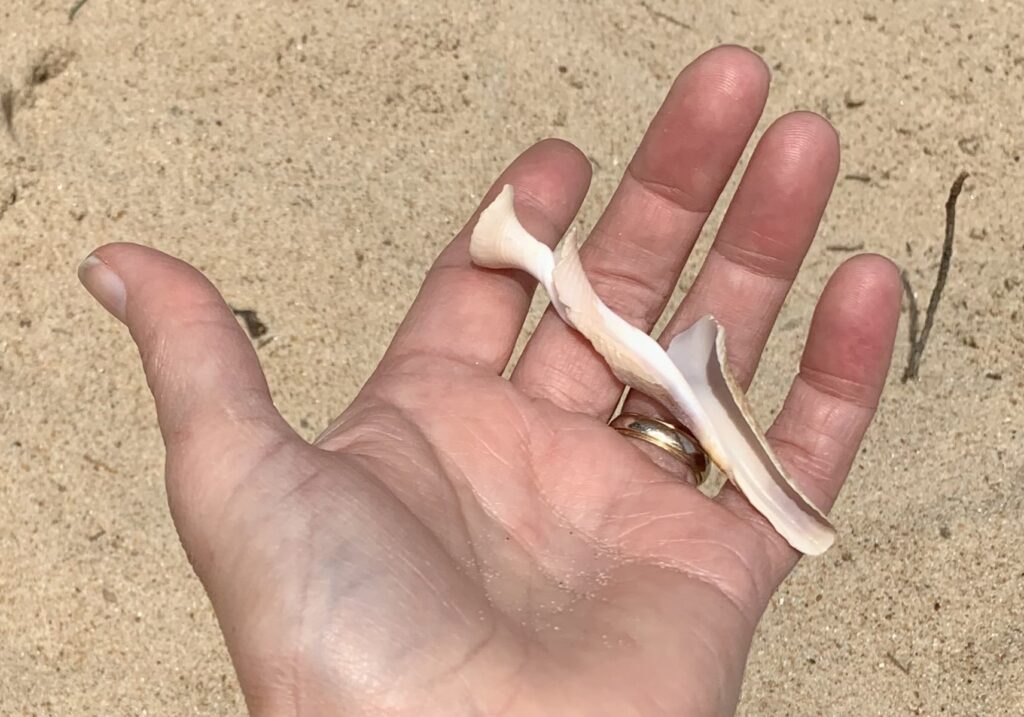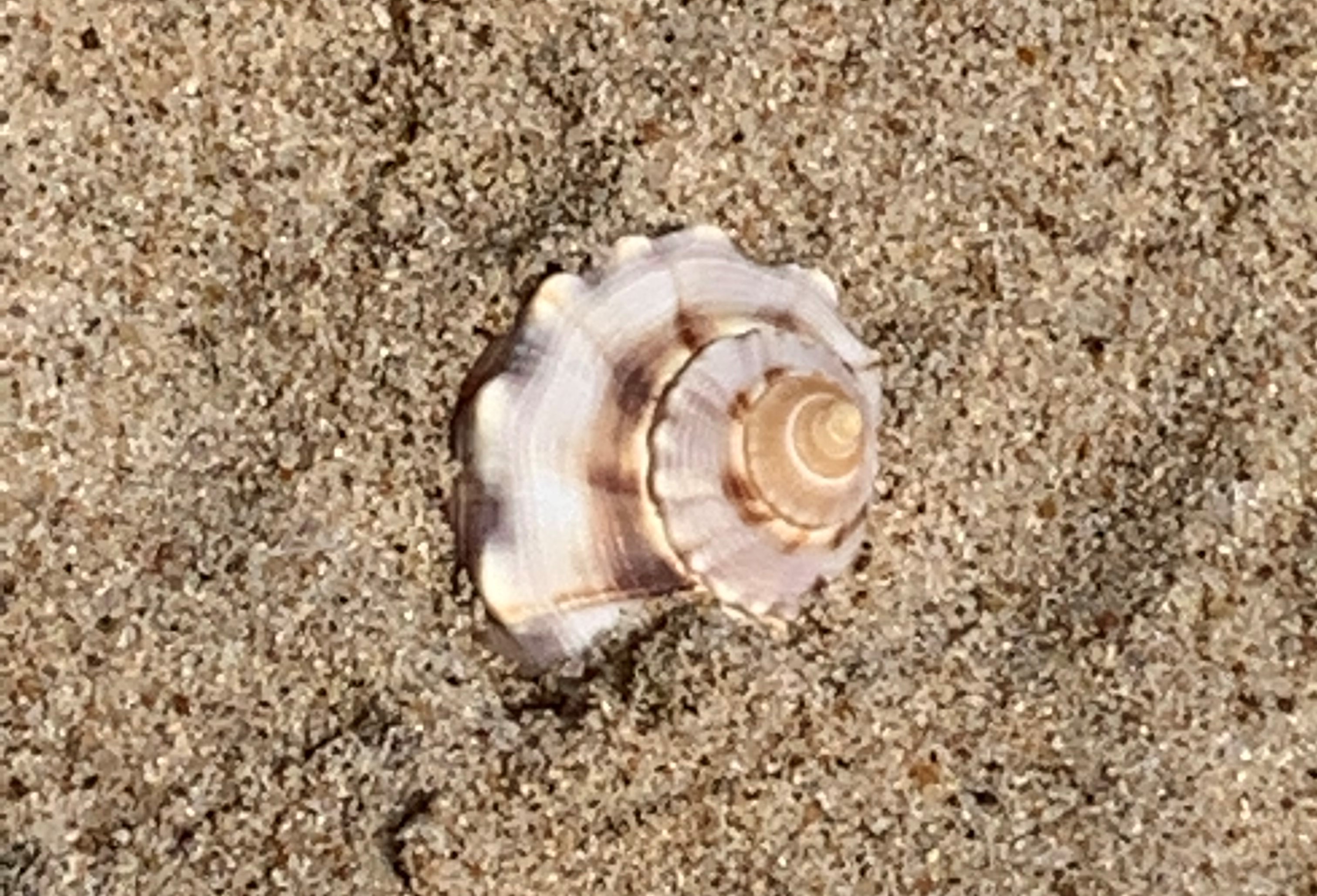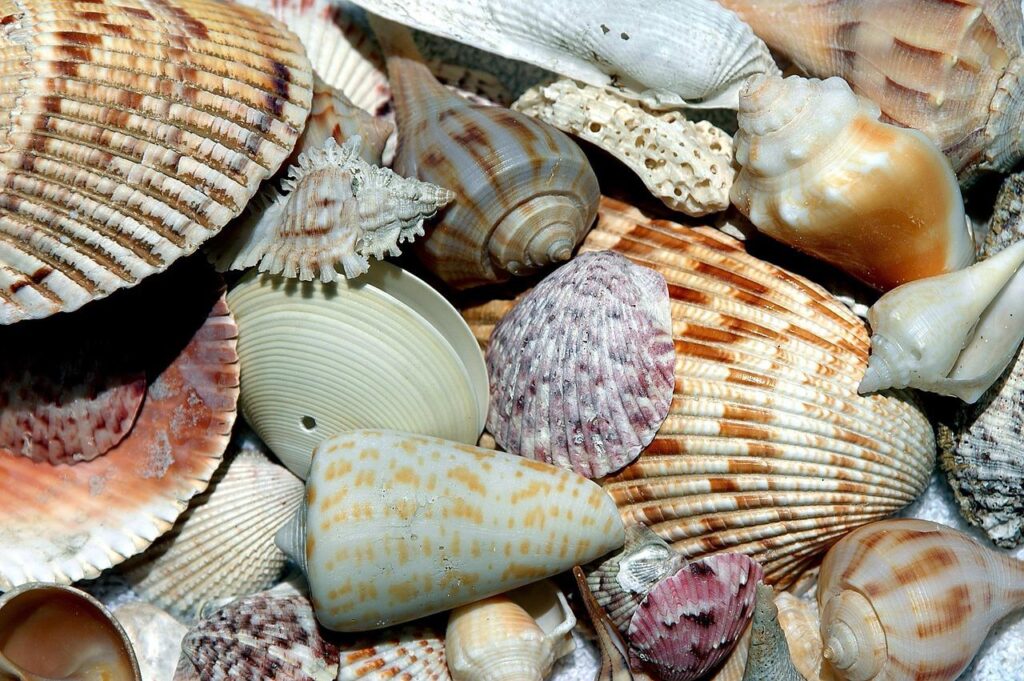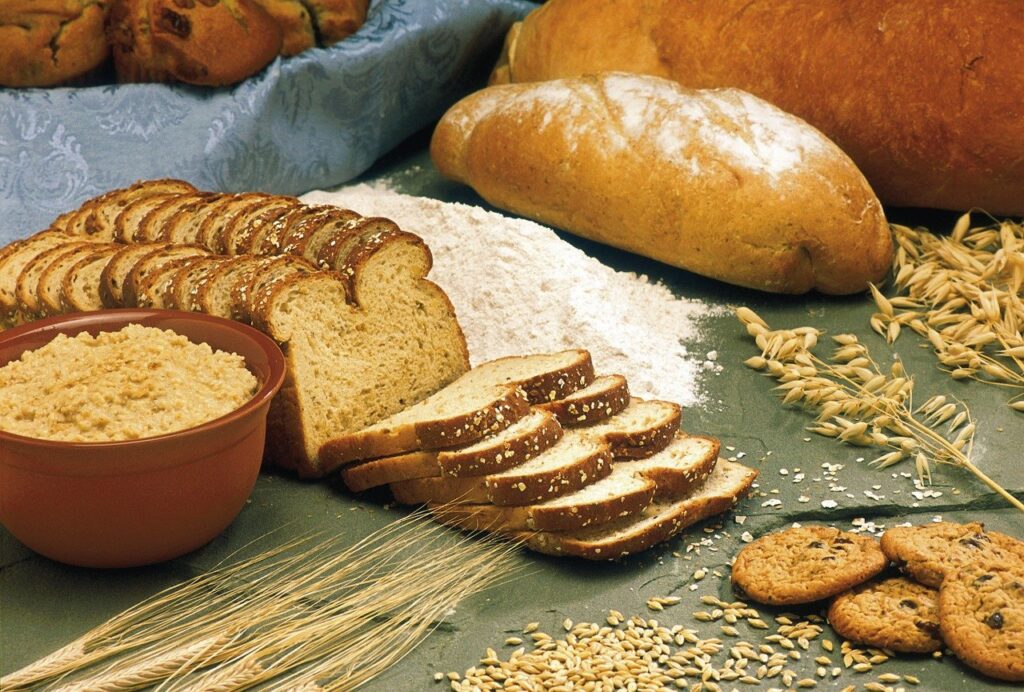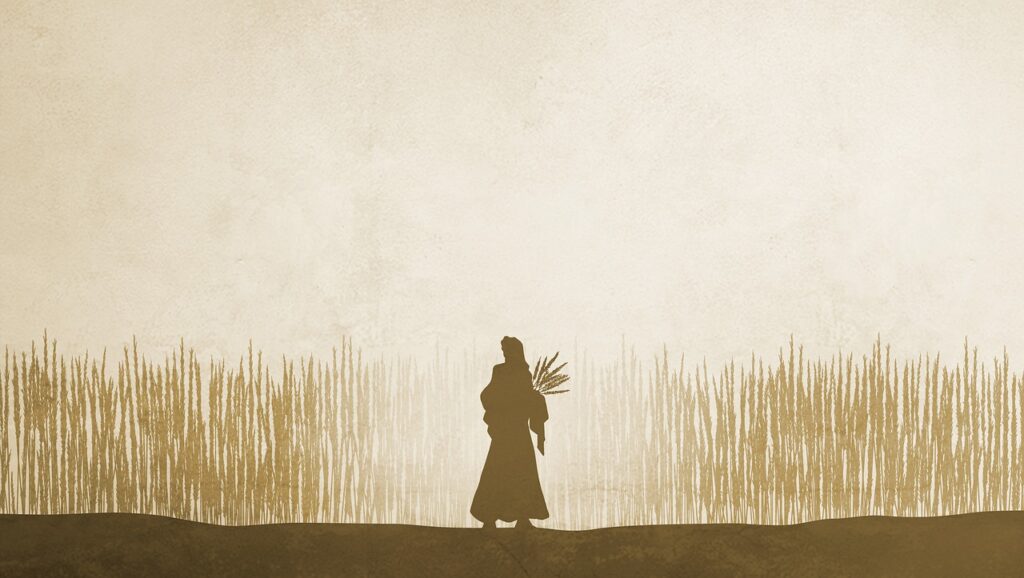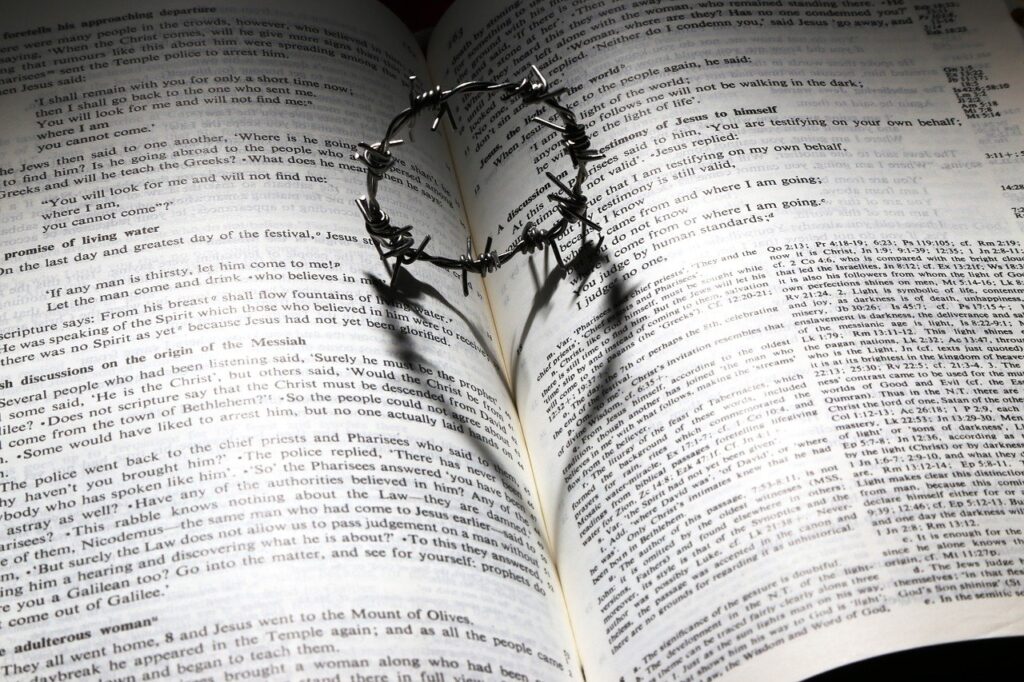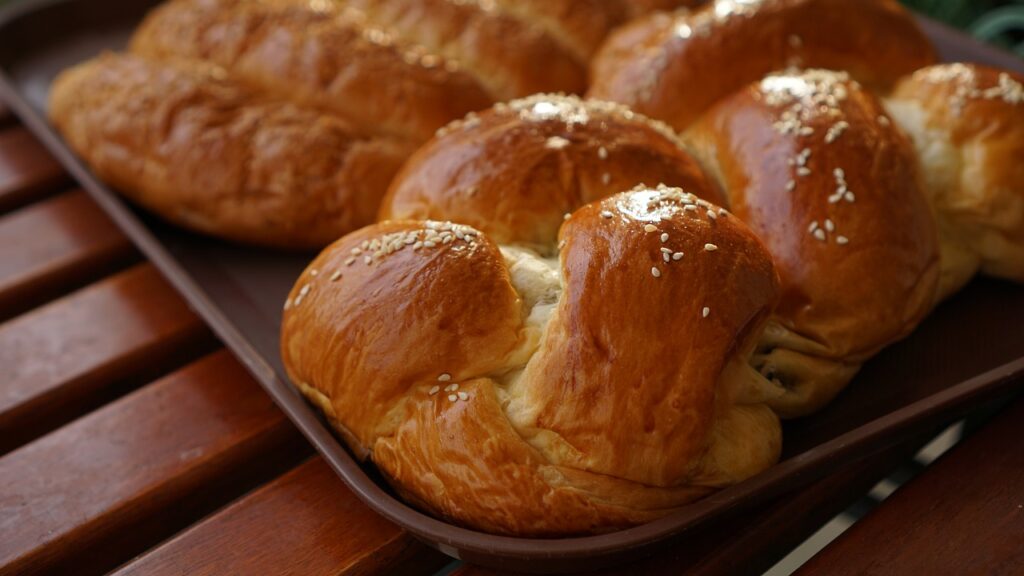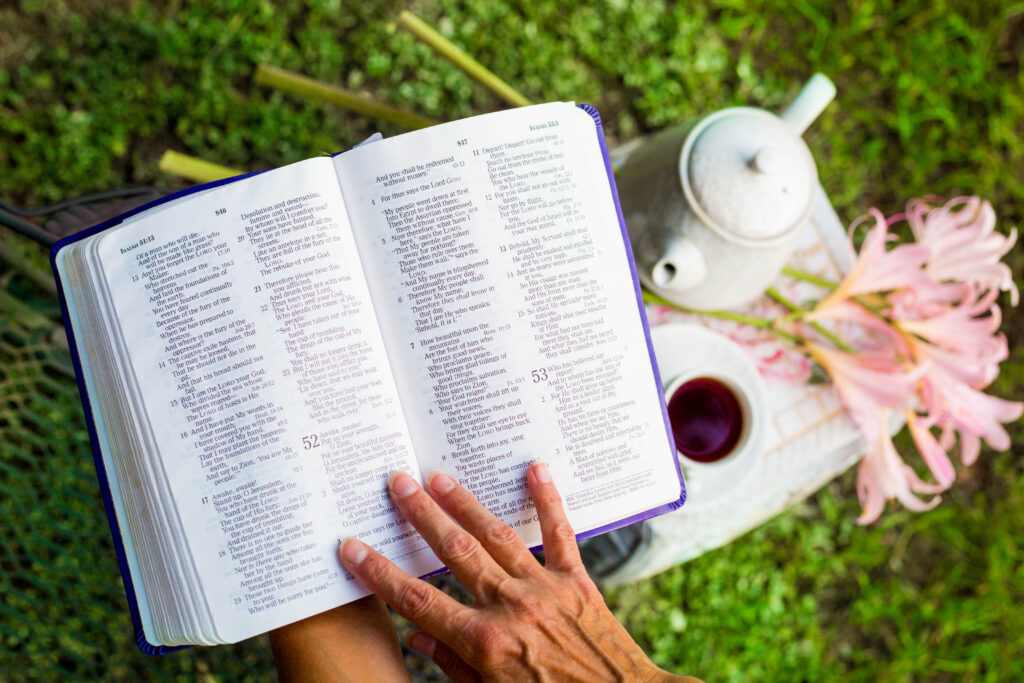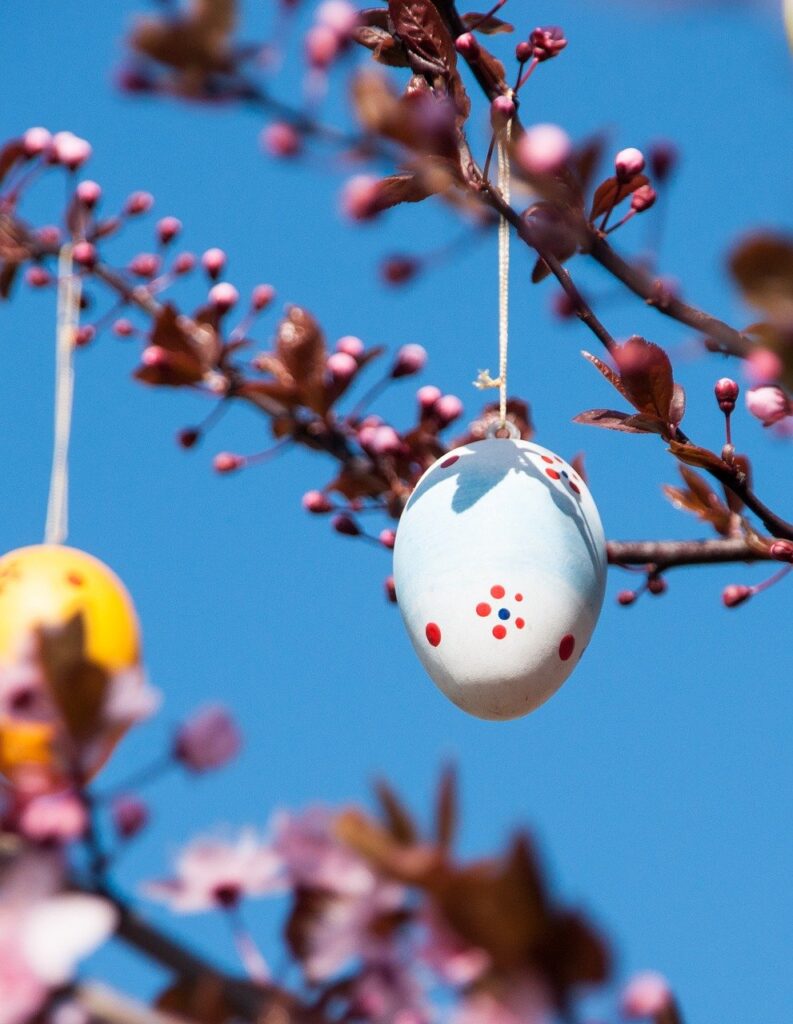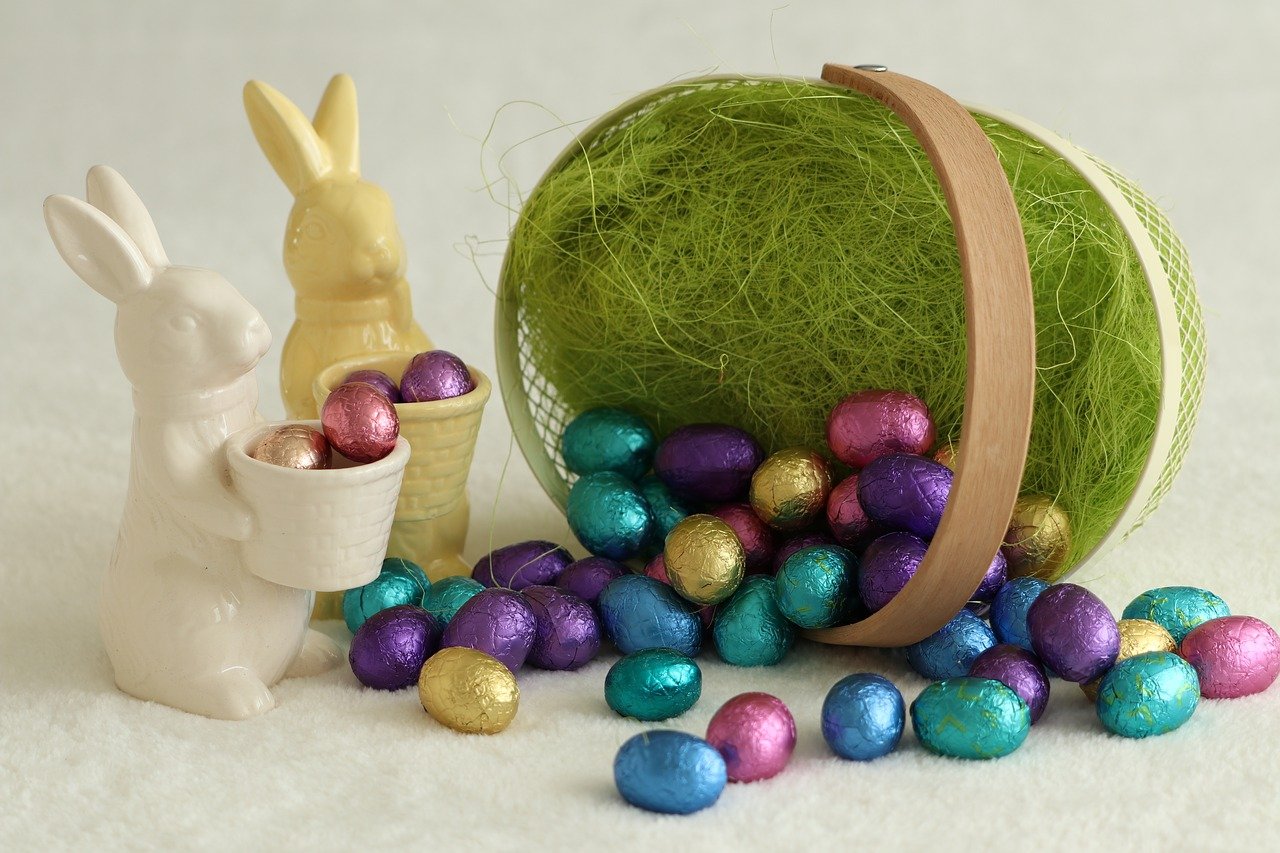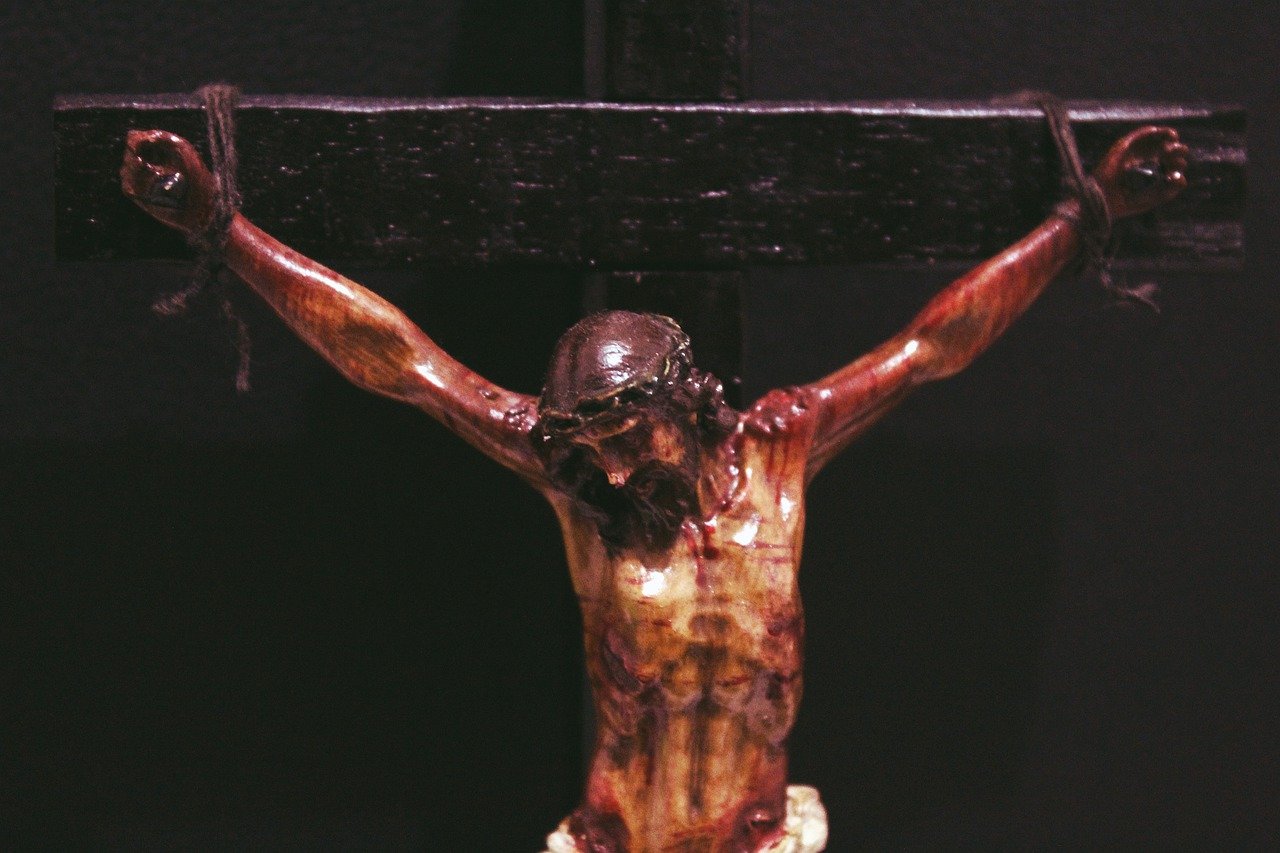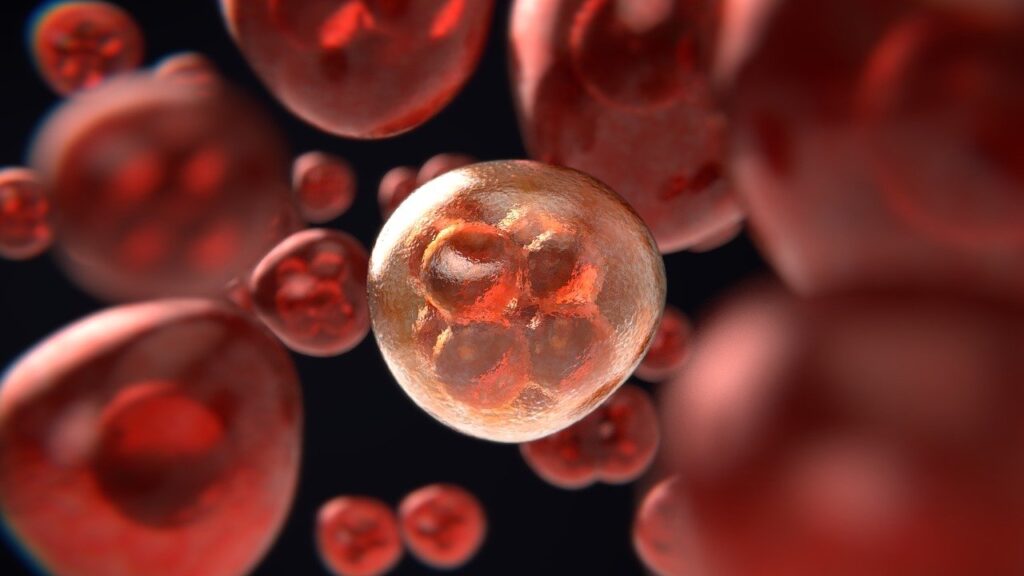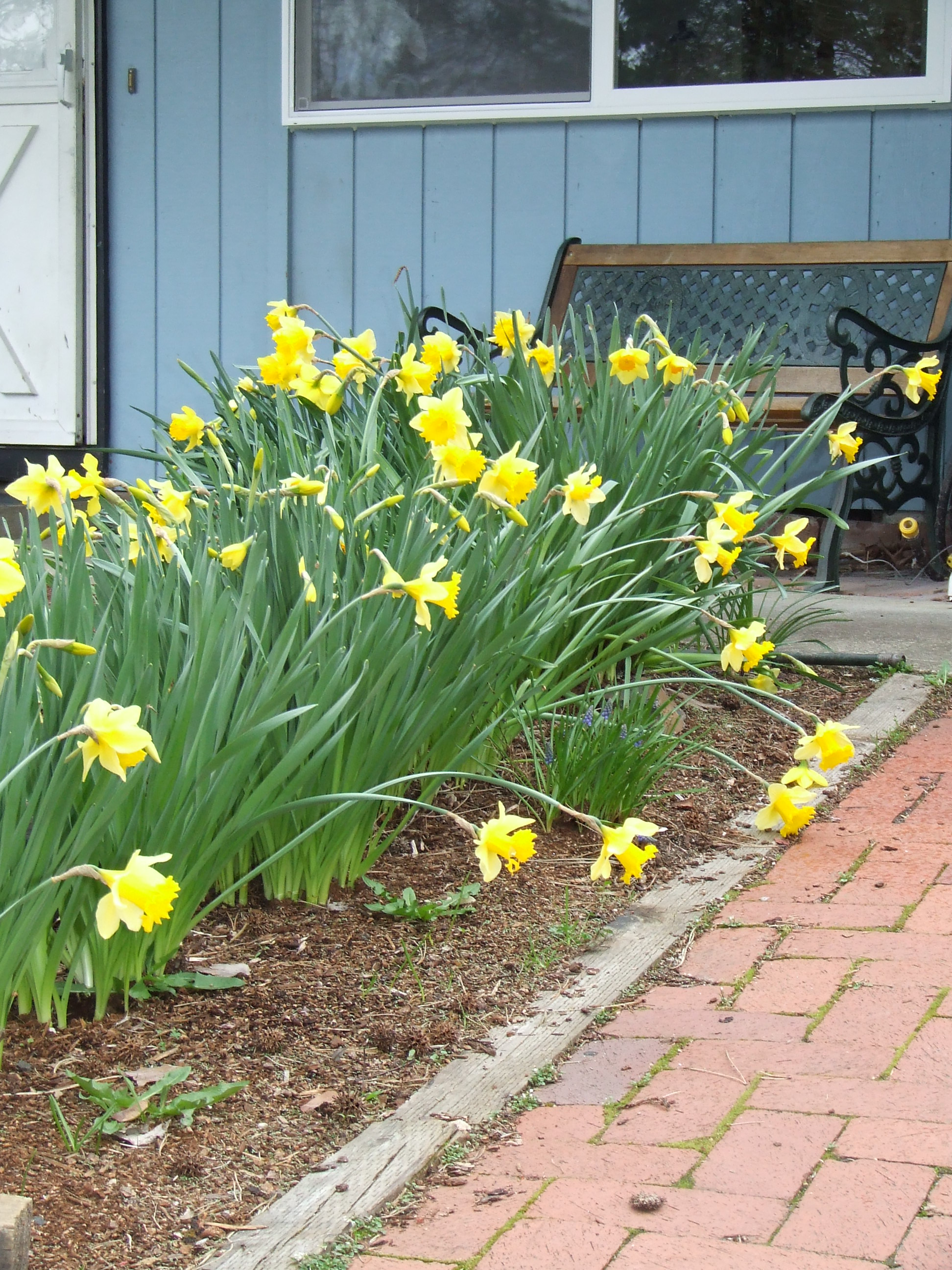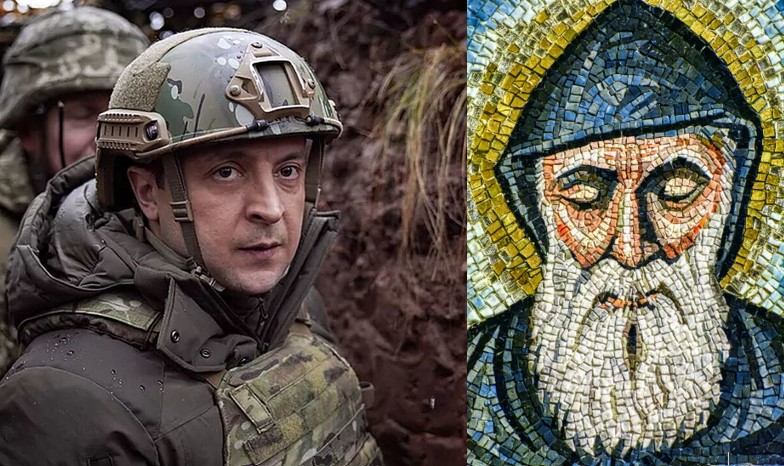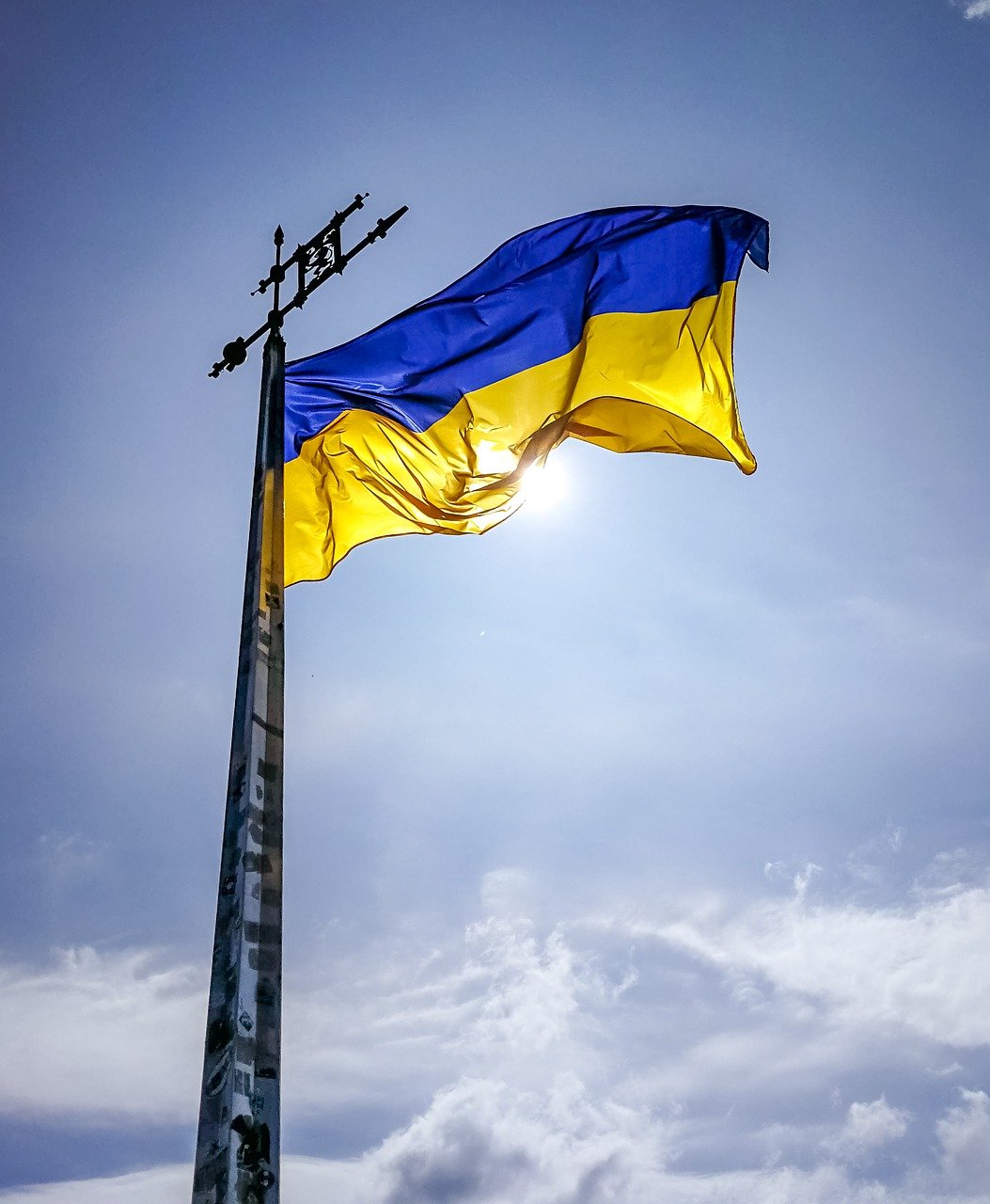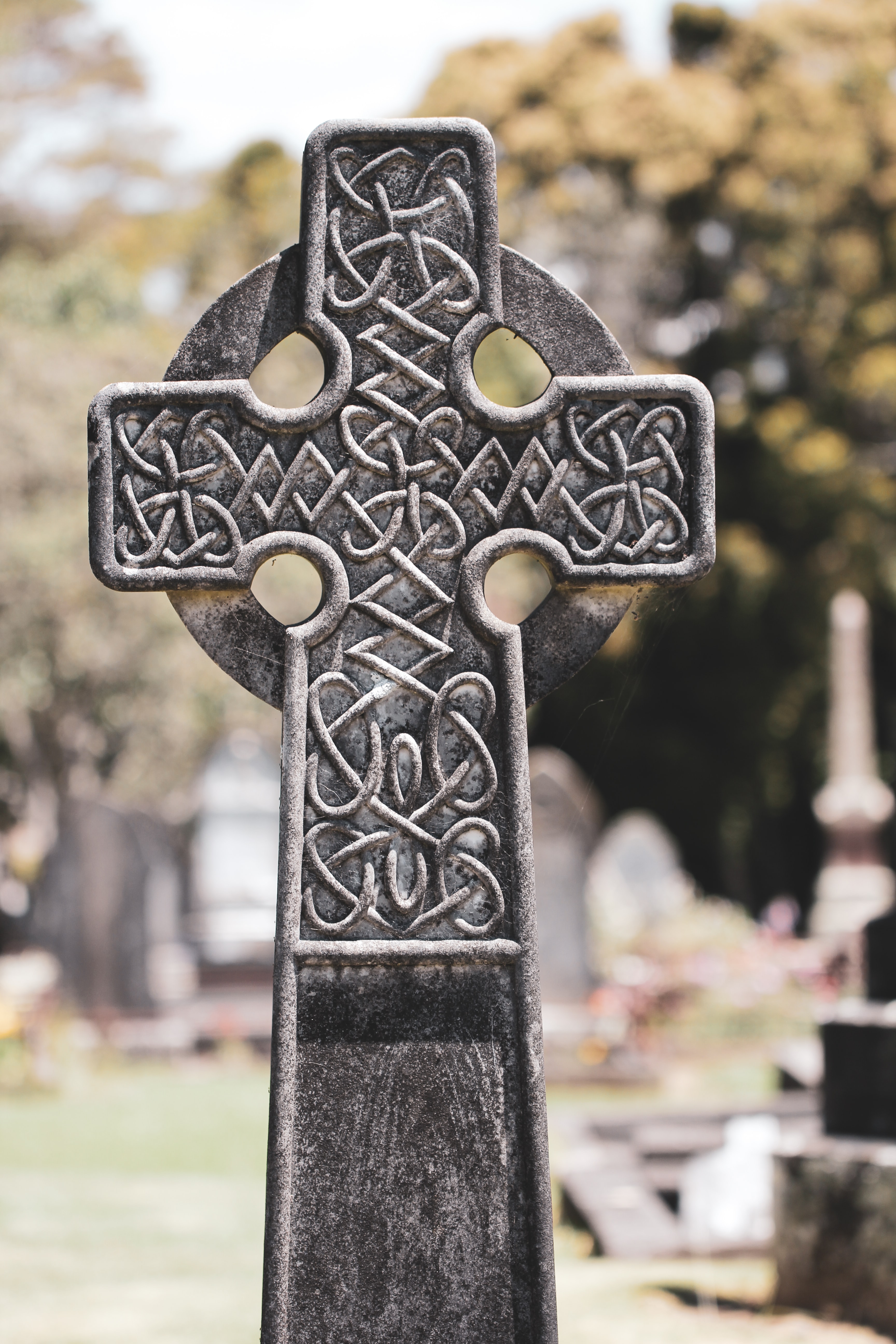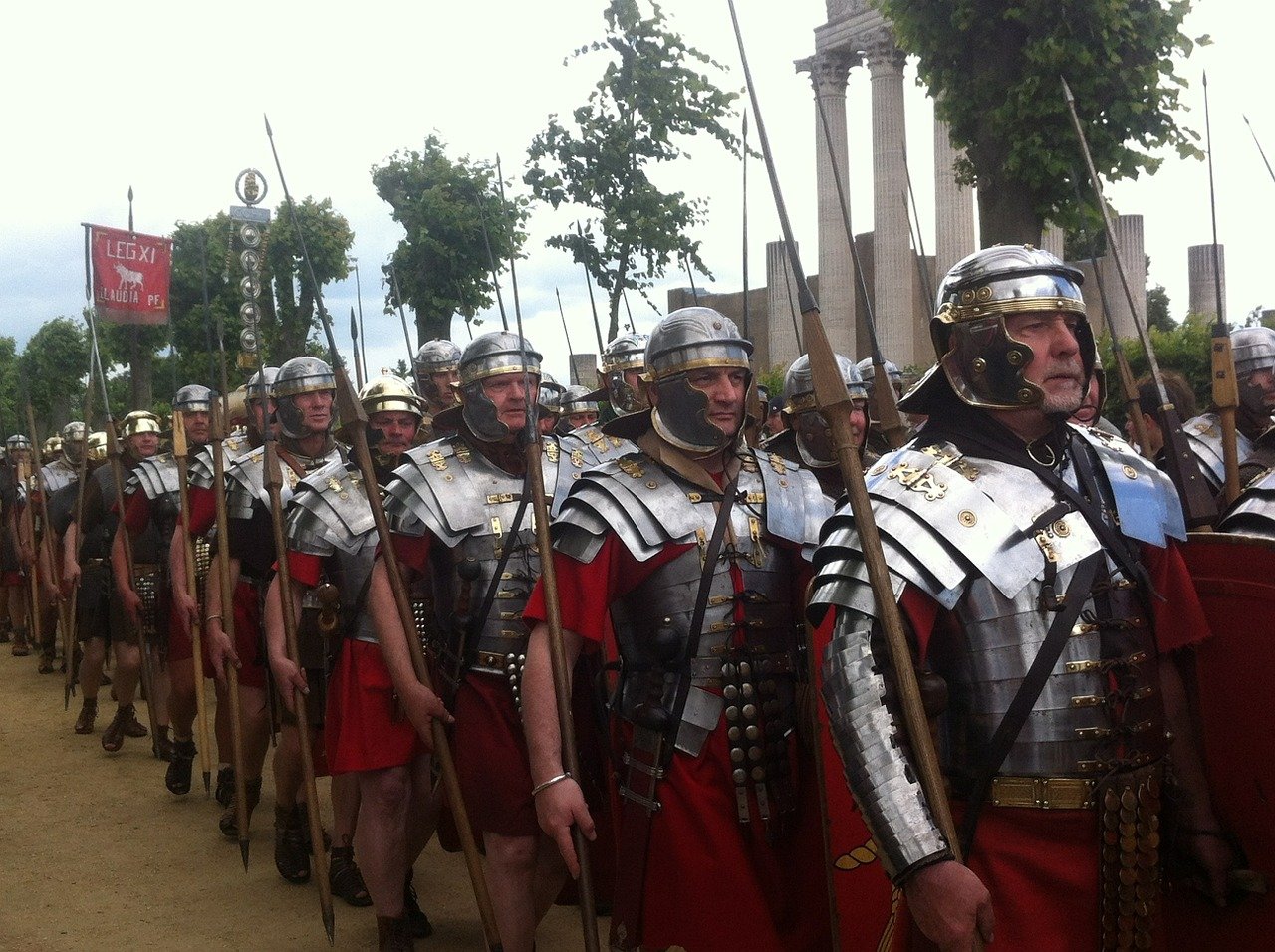R.E.S.T.: Four Life-saving Letters

Hush, sweet child!
Have you ever tried soothing an overtired infant? The baby struggles to keep her eyes open for fear she’ll miss some new delight. Big yawns interrupt her fussing, but she refuses to rest her head on your shoulder—experienced moms know when children reach an overtired state. Ironically, we often fail to spot the clues in ourselves.
Realize the need.
Everyone needs rest, not just children. How I wish someone would make me take a nap when I get cranky. But when we’ve reached a grumpy state, it’s because we failed to sufficiently ahead of time.
God knew the people He made in His image were prone to God-complexes. We insist that we don’t need breaks. We’re so proud at times, thinking our families and jobs won’t function without us. Tired people inflict more damage than good to themselves and those they serve. So, God wove rest into the rhythm of time from the first word He spoke, “Let there be light.”
Embrace God’s rhythms.
Creation commenced from the rhythm of light and darkness—a time to rest and work. While the Bible is silent in recommended hours of sleep, the design of days beginning with night indicates a good day starts with good sleep.
“It is vain for you to rise up early,
To sit up late,
To eat the bread of sorrows;
For so He gives His beloved sleep.” Psalm 127:2
Sound sleep is a gift from God (I hear the chorus of moms with newborns shouting, “Amen!”). But how often do we sacrifice sleep for entertainment or stay up way too late or rise excessively early to squeeze in more work—work that exceeds the blessed boundary of a healthy bedtime. We feel guilty about what we don’t get done and covet more hours in a day than God appointed. After all, we should not be lazy. Yet, isn’t a lack of submission to our God-ordained limitations similar? Both emanate from a lack of self-control. God requires diligence in work and rest.
Not only did God inject rest as a daily routine, but He also instituted a weekly day of rest. He calls it Sabbath—a time to cease usual chores and reflect on the One Who made us. A weekly Sabbath sustains good living. Whether it’s Saturday or Sunday isn’t the point. The point is one day a week of rest refreshes people. And one day of worship puts God on the throne and us in our proper place.
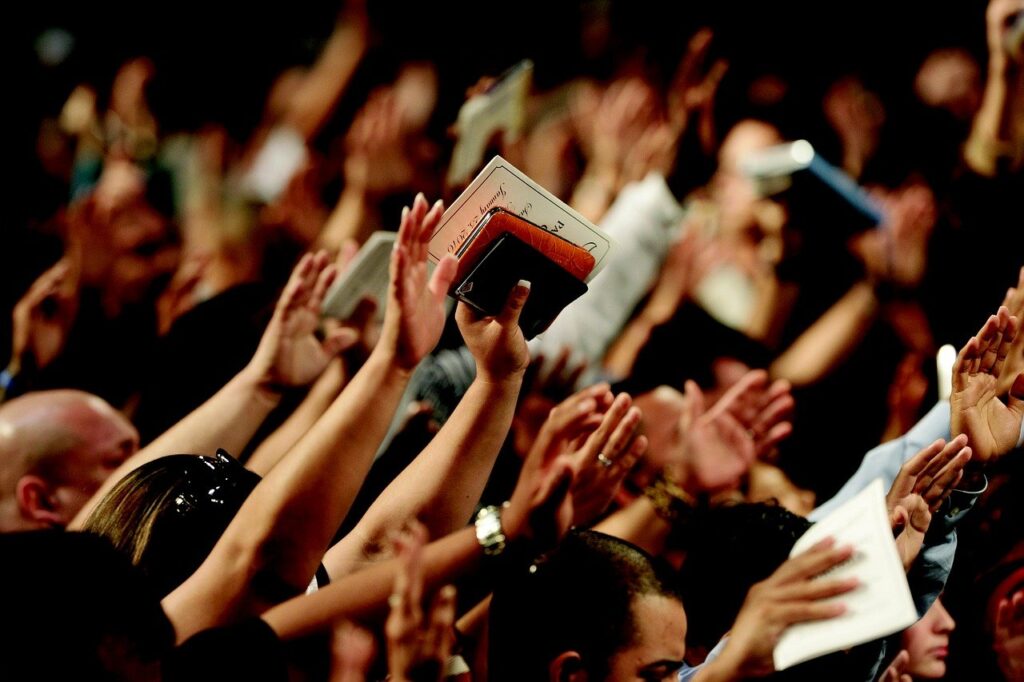
“I am the vine, you are the branches. He who abides in Me, and I in him, bears much fruit; for without Me you can do nothing.” John 15:5
Set time apart.
A day set aside to rest in the Lord reminds us to abide, live, in His power.
God even designated seasons of rest in Israel’s annual feast calendar: extra sabbath days as part of the feasts, the seventh month, the seventh year, and the Jubilee. Israel ignored these blessed seasons of rest, and the Lord sent them into exile for their disobedience.
“For thus says the Lord God, the Holy One of Israel: “In returning and rest you shall be saved; In quietness and confidence shall be your strength. But you would not,” Isaiah 30:15
Trust God for extended breaks.
Taking extended breaks helps everyone. We need vacations and holidays off. We might even need an extended leave of absence to rest and recuperate. Illness and demanding jobs suck the life out of us. Resting restores us.

I’m grateful for churches we’ve served that saw the value of allowing my husband (the pastor) to have sabbaticals, seasons of rest from the daily harness of pastoral ministry. We just came off a three-month sabbatical (It ended January 31). This break allowed my husband to convert his doctoral dissertation into a book. It also freed us to settle his parent’s estate and enjoy extended family visits over the holidays. We were able to see both of our new granddaughters. Our sabbatical was busy and full but full of different responsibilities. It allowed us to return to church ministry restored by the change of pace.
In the busy years of childrearing, my sweet husband saw the toll this work took on me. Once or twice a year, he made sure I got away alone for refreshment. At this point, I know some of you are thinking, “that’s nice for you, but I can’t do that.”
Really?! If God wants you to have rest, He will supply it. When God is willing, He makes a way. Trust Him to provide the rest you need. Israel failed to enjoy God’s sabbaths and their disobedience lead not only to exhaustion but defeat, and exile. Let’s not make the same mistake.
As God’s daughters, let’s learn to work from overflow not overwhelmed. Let’s learn to rest.

R.E.S.T.: Four Life-saving Letters Read More »
